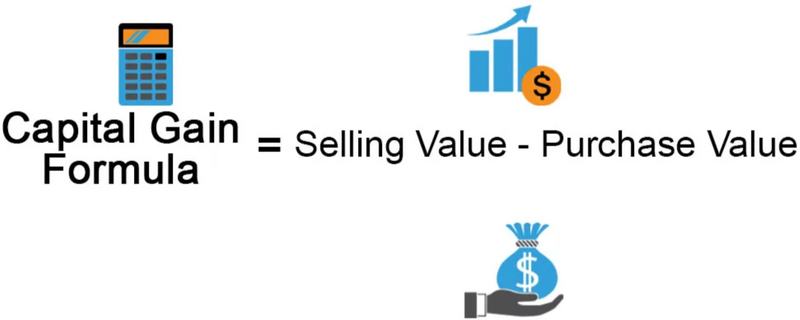There are only two certainties in life: death and taxes. Even for cryptocurrency

Nobody knows when cryptocurrency will die, but let's talk about how it's taxed.
Defining Cryptocurrency For Tax Purposes

Cryptocurrency is treated as a commodity and not like a government issued currency
Commodities hold an adjusted cost basis (all costs to acquire) that is determined when mined or received as compensation
Commodities when sold are classified as a Capital (property held for investment or personally) or Business (done through normal course of business activity) transaction
When Do I Need To Pay Tax On Cryptocurrency?
Holding cryptocurrency does not have any tax implications, but the following do:
Selling of or gifting cryptocurrency
Trading or exchanging even for other forms of cryptocurrency (e.g. Bitcoin exchanged for Doge)
Buying good or services with cryptocurrency
Conversion of cryptocurrency to government issued currency
Capital Transaction
Capital gains/loss on tax return
50% is taxable
Losses can only reduce capital gains
Business Transaction
Business income on tax return
If sole proprietor can deduct losses from other income
Loss carryforward (applying previous years losses to other years gains) can apply
Quiz
Which of the following does not require declaration in your income taxes for the current year?
How Much Tax Do I Owe?
The gain or loss from the transactions that trigger taxation is derived from the following

Selling Value
Sale price
Compensation for property destroyed, expropriated, or stolen
Value of traded property
Purchase Value (Adjusted Cost Basis)
Purchase price
Commission fees
Legal fees
Take Action
Your feedback matters to us.
This Byte helped me better understand the topic.